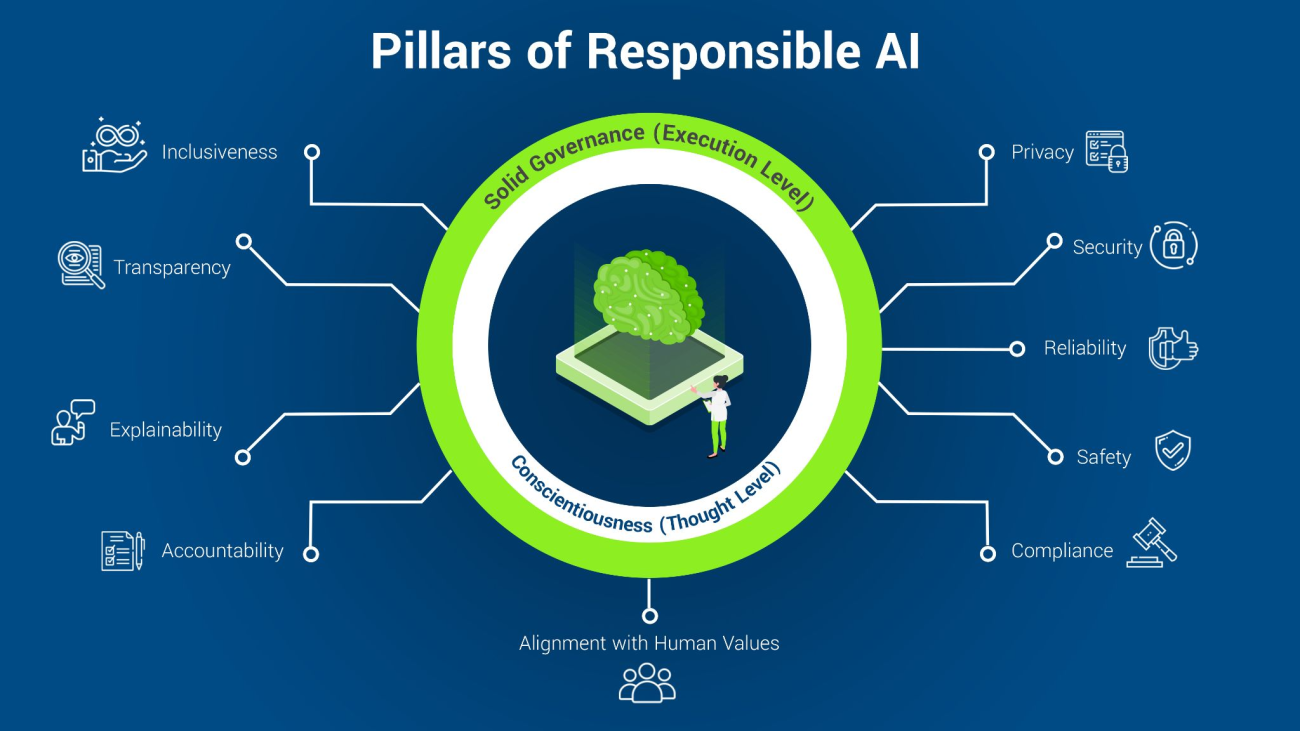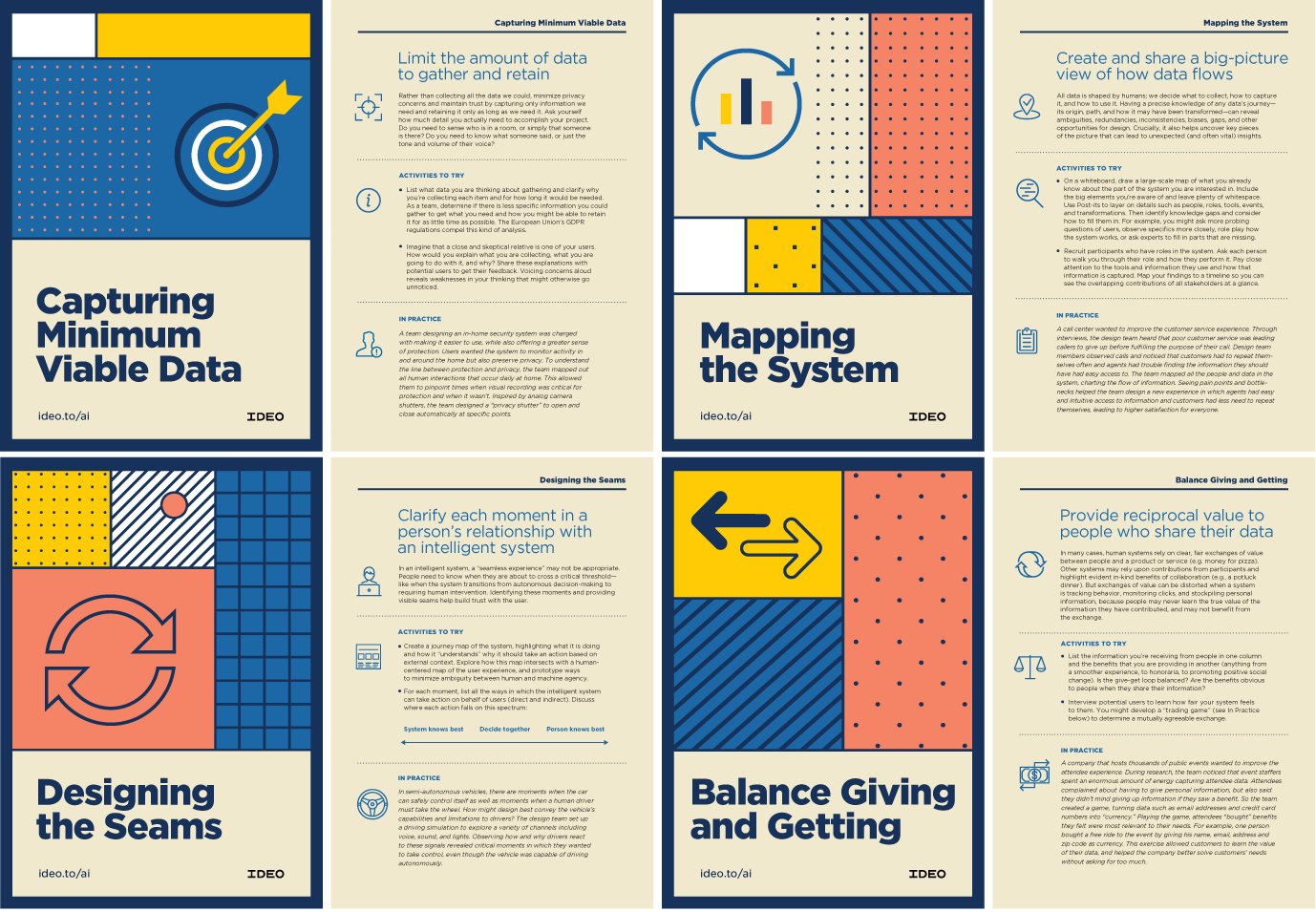The recent release of ISO/IEC 42001 by the International Organization for Standardization (ISO) and the International Electrotechnical Commission (IEC) has ushered in a new era for the responsible development and utilization of artificial intelligence (AI) systems. This groundbreaking international standard sets a comprehensive framework for AI management systems, emphasizing ethical considerations, transparency, and ongoing adaptability.
Also Read: US Sets Rules for Safe AI Development
Understanding ISO/IEC 42001: A Leap in AI Management Systems
ISO/IEC 42001, introduced in December 2023, defines a unified framework for implementing and continually updating an artificial intelligence management system (AIMS). Unlike its predecessors, ISO/IEC 42001 is a management system standard (MSS), employing the “Plan-Do-Check-Act” methodology. The standard covers critical aspects, including the context of the organization, leadership, planning, support, operation, performance evaluation, and improvement.
Core Concepts of ISO/IEC 42001
The standard’s core concepts mirror those of ISO/IEC 27001, focusing on understanding the organization’s need for AI, defining leadership roles, planning for AI-related risks, providing support through resources and communication, operational planning and control, performance evaluation, and continuous improvement.

Why Organizations Should Care
Implementing ISO/IEC 42001 offers numerous advantages. From a competitive standpoint, organizations can gain a competitive edge, enhance brand reputation, and inspire investor confidence. The standard also aids in market differentiation and risk mitigation, addressing legal risks, enhancing security, and ensuring product reliability.
Also Read: OpenAI Prepares for Ethical and Responsible AI
Operational Benefits and Social Impact
Beyond competitiveness, ISO/IEC 42001 provides operational benefits, such as increased efficiency, enhanced innovation, and improved employee engagement. Moreover, the standard contributes to social impact by fostering fairness and equity, building trustworthy technology, and aligning with sustainable development goals.
Also Read: OpenAI Plans Bengaluru Developer Meet to Tackle AI Safety Concerns
Getting Started with ISO/IEC 42001
To initiate the process, organizations should self-evaluate their AI systems, identify key stakeholders, and schedule preliminary meetings. Drafting policies and procedures, integrating with existing governance frameworks, and establishing robust metrics are crucial. Appointing an AIM champion or owner ensures accountability for the management system’s success.

Differentiating Certification and Compliance
It’s essential to recognize the distinction between adhering to ISO/IEC 42001 standards and obtaining certification. Certification involves applying to an accredited certification body, undergoing an on-site audit, and receiving the final assessment and certificate issuance.
Our Say
The introduction of ISO/IEC 42001 signifies a monumental step in aligning AI development with ethical considerations and responsible practices. It provides organizations with a structured and globally interoperable framework. As organizations navigate the complex landscape of AI, embracing the principles embedded in this standard will surely foster responsible AI governance. Moreover, it will also contribute to a more equitable and sustainable future. As AI continues to evolve, ISO/IEC 42001 serves as a cornerstone, guiding organizations toward responsible, ethical, and socially accountable AI development.




